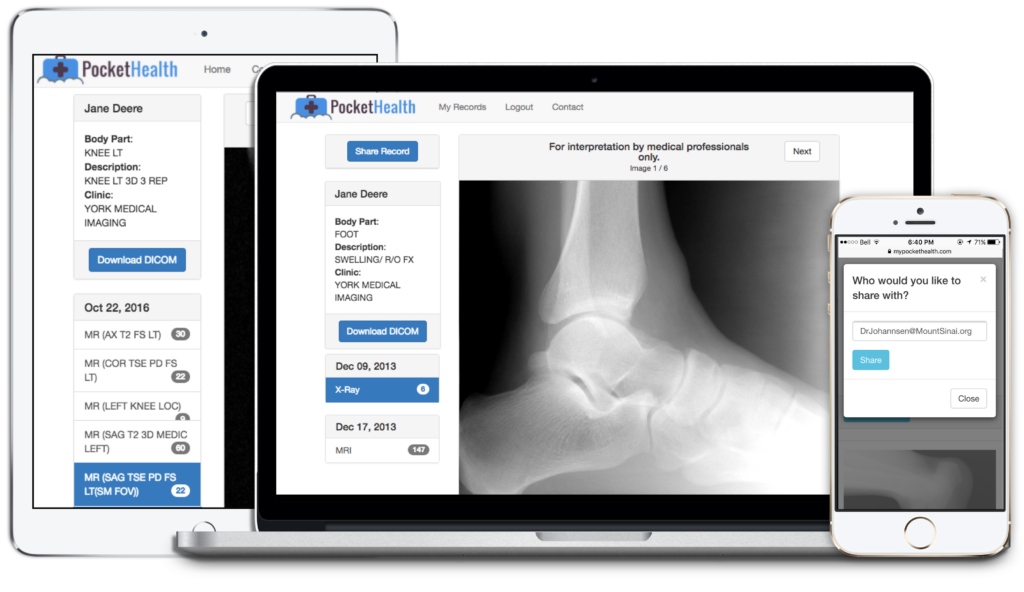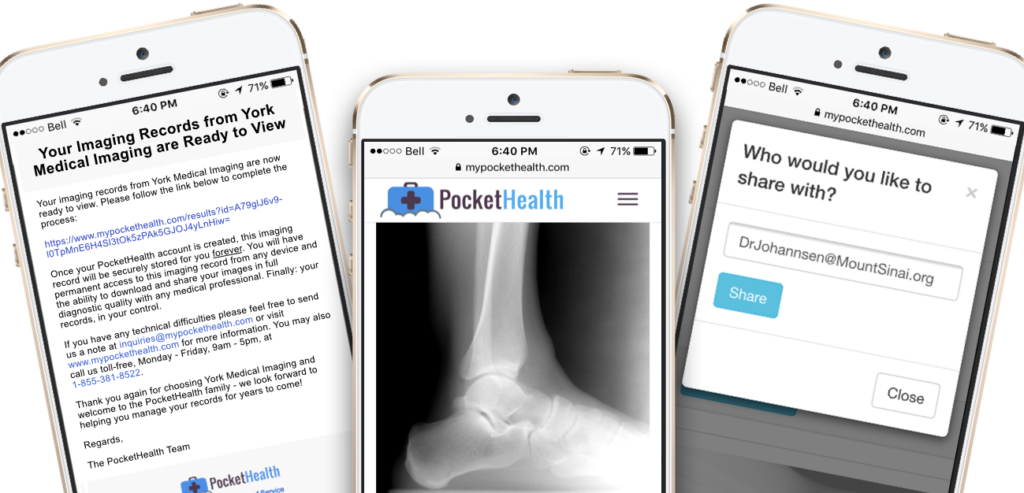Last month, 4 rising tech startups from Lithuania embarked on a one-week soft landing program to Toronto called the Canadian Connection Program. In partnership with Pace Global Advantage and the DMZ, the program supported entrepreneurs and business leaders interested in exploring the North American market and gave participants the opportunity to tap into a wider network of investors, customers, corporates, founders and talent.
The Lithuanian visit to DMZ’s headquarters was productive for the startups – participants took advantage of various workshops and curated one-on-ones with DMZ’s Program Leads, Experts-in-Residence (EiRs) and Alumni-in-Residence (AiRs). The Lithuanian entrepreneurs walked out of the experience with a greater understanding of the North American ecosystem and its players.

On their final day of the program, we had a chance to sit down with the founders and ask them about their thoughts on the program and first impressions of Toronto’s startup ecosystem. Here’s what they had to say.
1. Toronto is very well-positioned in the North American market.
“I have learned a lot about the close connections between the EU and this city’s ecosystem, especially for medical startups. Toronto is well-positioned in the North American market, which is important because we need to reach the largest user base possible. There’s a great support system here for startups and there are great connections to cities like Boston and New York, which are just a short hop away.” – Urte Steikuniene, Feetsee
“The ecosystem here is booming and attracts people from all around the world to relocate their businesses from other continents.” – Simonas Stankus, Unbalanced
“We are considering North America as our primary market. Through the program, we have realized how little we actually knew about Canada. By being here, we see the ecosystem in Toronto is really vibrant, and a lot of professionals and potential employers are living here. The access to the talent, capital and markets is much higher than you’d expect. It changed my concerns about Canada being the same as the U.S. in terms of work-life balance. It’s much more convenient for entrepreneurs considering relocation here compared to the United States. Being in Toronto was a perception-changing experience because we were too trusting of the assumptions we had developed.” – Vytenis Pakènas, IsLucid
2. There is value in the city’s multiculturalism
“I am very impressed with the diversity and openness that I see in Toronto. I’ve only been here for one week, but I feel like you’re at home almost everywhere you go. The diversity is very inspiring and all-encompassing.” – Urte Steikuniene, Feetsee
“I was especially taken aback by the fact that I have met other medical doctors like myself who have made successful startups here in Toronto. I’ve met other professionals as well who turned to entrepreneurship. That’s not something you see often. My favourite thing about Canada is that everyone is from everywhere. There’s this feeling of being away from home but also at home at the same time. A real melting pot of people and cultures, which is something that contributes to its unique atmosphere.” – Justinas Balčiūnas
3. The DMZ community provides startups with everything they need to grow.
“I thoroughly enjoyed my time here at the DMZ. I got in touch with healthcare providers, venture capital funds, and angel investors, and got to know the entrepreneurial ecosystem here in Toronto which is booming, energetic and inspiring. Not only am I leaving this program with an excellent portfolio of contacts, but I also leave enriched by hearing other success stories of startups that have entered this environment and have done well. I feel like I’ve learned a lot.” – Urte Steikuniene, Feetsee
“My experience in this program has been great! I partook in incredibly useful workshops and met such great people. Now, I have a much better understanding of what Canada is and what ecosystem it has.” – Simonas Stankus, Unbalanced
“When you enter a new market, it’s important to have the right support system of people who can tell you the truth. We received the right recommendations and connections within the context we needed to make the experience meaningful and actionable. I was touched because the team wasn’t too focused on revenue and speed, but more on care and guidance/growth. When you’re coming in from overseas, you’re being brought into a desert with people you don’t know. But the DMZ is helping turn that desert into a sweet forest with the right connections and resources needed to succeed.” – Vytenis Pakènas, IsLucid

The cohort of participating companies included:
![]()
IsLucid is a productivity hack that specializes in machine learning through transcription. The service transcribes verbal communication in meetings and automatically assigns tasks to employees, eliminating the need to take meeting minutes and ultimately saving time.
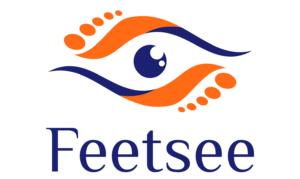
Feetsee is a FDA-registered product that uses its advanced algorithmic technology, with 95% accuracy, to monitor and measure changes in diabetes patients’ feet. It stores this information in its mobile and desktop software that relays messages to the patient’s care team and physician via alerts.

InBalance produces electric vehicle charging stations. Their product focuses on energy efficiency and helps fulfill the increased demand for electric vehicle charging without requiring any changes to the current power grid infrastructure, ensuring the sustainable growth of a community-based public charging network.
![]()
Ligence employs machine learning algorithms and deep-learning technology to determine functional and structural aspects of a person’s heart through ultrasound images. Their current focus is reducing human error in detection and diagnosis and improving their measurement accuracy.



 The idea for PocketHealth began with a simple experience that my brother, Harsh, had while he was working in the Bay Area in Silicon Valley. He was playing tennis and sprained his ankle quite badly. He was required to get an MRI and an X-ray, and when he was done with that MRI, he was handed two CD-ROMs.
The idea for PocketHealth began with a simple experience that my brother, Harsh, had while he was working in the Bay Area in Silicon Valley. He was playing tennis and sprained his ankle quite badly. He was required to get an MRI and an X-ray, and when he was done with that MRI, he was handed two CD-ROMs.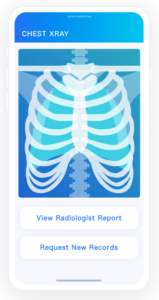 Can you tell us more about PocketHealth’s product?
Can you tell us more about PocketHealth’s product?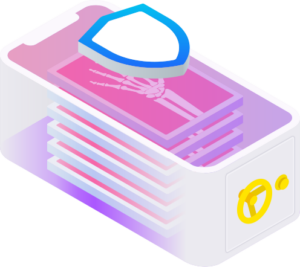 We’re having Directors of medical imaging and CEOs of hospitals calling us saying, “We needed this yesterday”. We’ve increased the number of sites deploying on our platform by over 300 percent monthly as imaging clinics and hospitals across North America grapple with this problem.
We’re having Directors of medical imaging and CEOs of hospitals calling us saying, “We needed this yesterday”. We’ve increased the number of sites deploying on our platform by over 300 percent monthly as imaging clinics and hospitals across North America grapple with this problem.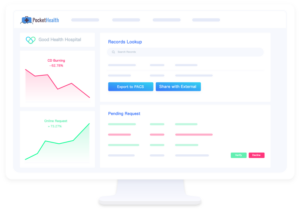 We have some exciting deployments outside of our traditional geographic markets that will be announced soon. This is definitely a global issue. We know that patients’ desires to be in touch with what’s going on in their bodies are universal. It transcends geographic and political boundaries. The product and infrastructure we’ve built it on is designed to scale globally very quickly.
We have some exciting deployments outside of our traditional geographic markets that will be announced soon. This is definitely a global issue. We know that patients’ desires to be in touch with what’s going on in their bodies are universal. It transcends geographic and political boundaries. The product and infrastructure we’ve built it on is designed to scale globally very quickly.